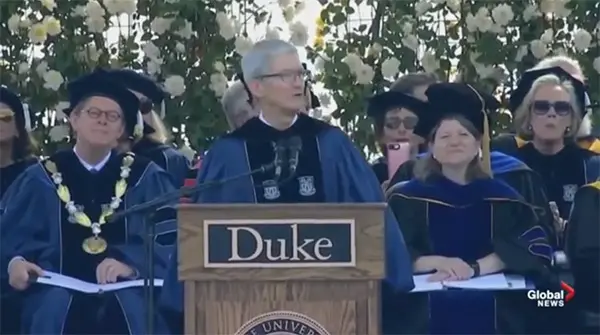Martin Schulz will seek to end weeks of political paralysis in Germany by attempting to persuade his Social Democrats (SPD) to form a grand coalition with Angela Merkel’s conservatives, weeks after he warned that such a scenario would be a disaster for the party.
The SPD’s three-day party conference, which starts on Thursday in Berlin, also marks a crucial moment in the political career of the former European parliament president, as he faces being ousted as party leader for his U-turn.
The 61-year-old has been in the spotlight since talks to form a coalition between the chancellor’s conservative alliance, the pro-business Free Democrats and the Greens collapsed last month, plunging Germany into political uncertainty.
Schulz, who delivered his party’s poorest result since the second world war in September elections, has become a potential kingmaker, but only after having rowed back from initially excluding a repeat of the conservative-SPD coalition that ruled Germany for the previous four years.
After the election Schulz and other senior SPD officials were vehement that going into opposition was the only way to reconstruct his battered party.
His U-turn – which he was pushed into by his own MPs – has earned Schulz much ridicule both nationally and within the SPD and led to charges that he is unfit to continue to lead Germany’s oldest political party.
Over the next few days he will attempt to embolden members with a four-page manifesto of demands the SPD would take with it into any coalition talks. They include abolishing private health insurance, stricter climate protection goals, the end to a ban on some asylum seekers bringing family members to Germany, improved tax arrangements for families and pension reform.
SPD members will also be asked to examine the possibilities of tolerating a minority conservative government or even opting for new elections – the least popular choice among the German public, according to polls.
Despite this, Schulz has the tacit backing of most party leaders – with some misgivings – and has also received considerable support from political leaders in Europe, who have urged him to be brave and step up for the sake of European stability.
The same appeal has come from Germany’s president, Frank-Walter Steinmeier, a longtime party member, who encouraged Schulz to steer the party in the direction of government.
In several telephone calls, the French president, Emmanuel Macron, has urged Schulz to enter talks with Merkel and offered his support on the issue of European Union reforms. Macron is also greatly dependent on Merkel’s continuation in the role of chancellor if he is to have any solid support in the EU for his economic reform agenda.
The Greek prime minister, Alexis Tsipras, has also sent Schulz supportive text messages; in one he pleaded with him to “not stand on the sidelines during this decisive phase for Europe”. Schulz has publicly welcomed their support.
The SPD will spend much of the next three days wrangling over the issue. Merkel’s Christian Democratic Union (CDU) and its Bavarian sister party the Christian Social Union (CSU) are reportedly keen to pursue a deal, although some conservatives have urged leaders to also consider a minority government, with the support of the SPD.
Schulz has said any decision would first have to be put to the party’s rank and file in a vote, meaning that any exploratory talks could not begin before January, and any grand coalition that was agreed on would not be likely to come together before Easter.
(THEGUARDIAN)
 简体中文
简体中文

